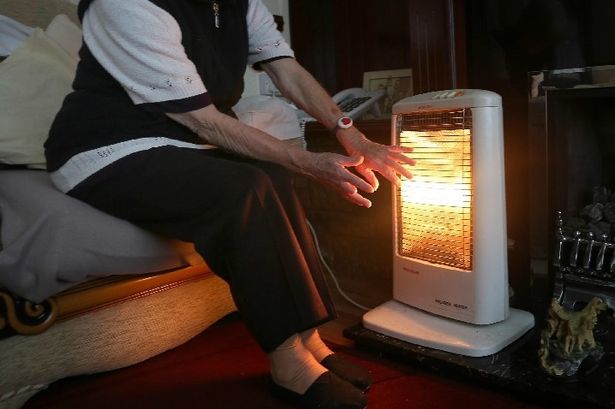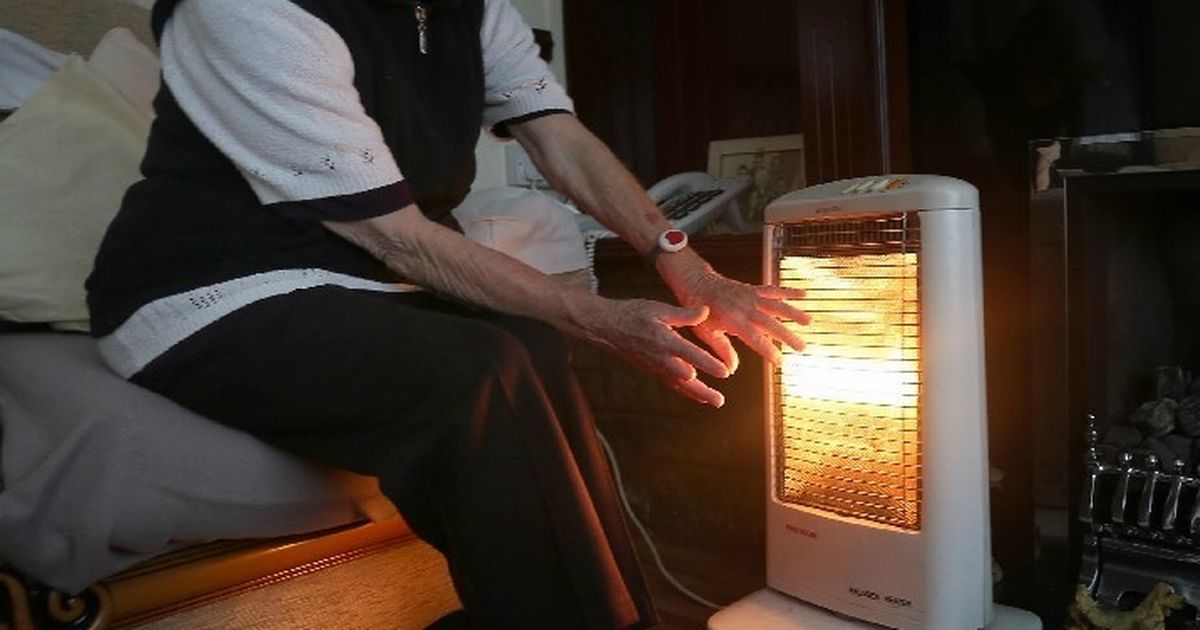The scammers target vulnerable pensioners after the u-turn announced last month Winter Fuel Payments have been a big topic of discussion for months now(Image: Copyright Unknown)
Winter Fuel Payments have been a big topic of discussion for months now(Image: Copyright Unknown)
Millions of pensioners are being urged to stay vigilant against scams related to Winter Fuel Payments after HM Revenue and Customs (HMRC) reported 15,100 instances of fraudulent activity in June. Scammers have been targeting vulnerable individuals through deceptive texts and phishing websites.
Last month, HMRC shut down over 4,600 counterfeit websites associated with Winter Fuel Payments. The tax authority is encouraging the public to be cautious of suspicious communications and to report any dubious phone calls, emails, or texts through GOV.UK.
However, many pensioners may still be confused by these communications, particularly since 25% do not use the internet, making it challenging to raise awareness about the scams.
HMRC has clarified that it will never send texts offering Winter Fuel Payments or request personal information. The Department for Work and Pensions (DWP) has reinforced this message, especially following the announcement that around nine million pensioners will receive between £100 and £300 later this year to help towards energy costs.
On average, elderly victims of scams in the UK lose nearly £4,000 each, according to the charity Independent Age. While it’s unclear how much individuals may lose through the scam texts, the financial consequences are significant.
The research highlights not only the financial impact of scams on older individuals but also considerable hidden costs. About one-third (31%) of people aged over 65 report that their experiences with fraud have negatively affected their mental health. Additionally, more than one in ten (12%) state that it has worsened their physical health.
According to HMRC, individuals who qualify for a Winter Fuel Payment will automatically receive the funds without needing to apply. The Daily Record also reports that any recovery of payments for pensioners with a total income exceeding £35,000 will be collected through PAYE or self-assessment.
Kelly Paterson, HMRC’s chief security officer, stated, “Don’t be fooled by scammers trying to take your money or access your personal information. Never feel rushed. If someone contacts you claiming to be from HMRC and asks for an urgent money transfer or personal details, be cautious.
If a phone call, text, or email seems suspicious or unexpected, do not provide private information, reply, or click on links or attachments.
“I urge people to be alert to scams relating to Winter Fuel Payments and to report any suspicious texts, phone calls, or emails to HMRC. Taking action now could help HMRC prevent fraud and protect customers who may have received bogus messages.”
Last month, the Labour government reversed the decision to limit Winter Fuel Payments to those on pension credit.
The change meant that many individuals who were struggling financially fell into fuel poverty, which is becoming an increasingly common form of debt to energy companies.
